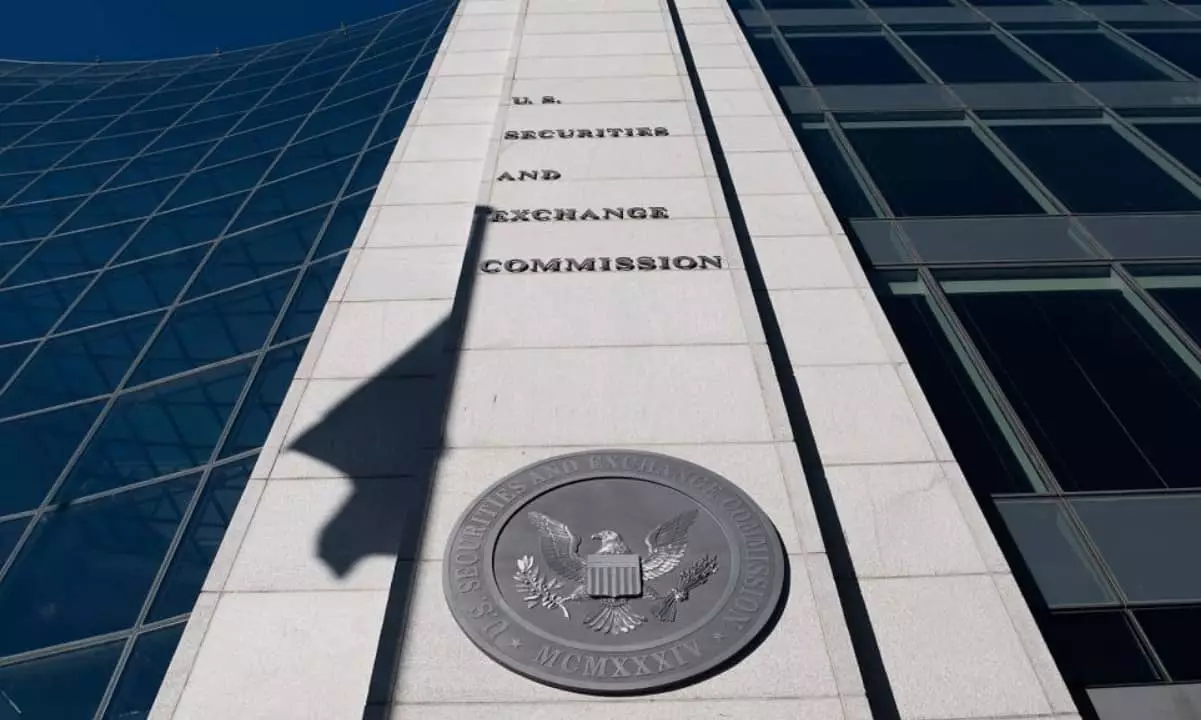In a recent development, U.S. District Judge Robert Shelby found the Securities and Exchange Commission (SEC) guilty of serious misconduct in the legal action against Utah-based cryptocurrency firm DEBT Box. The judge accused the SEC of a “gross abuse of power” in handling the case and highlighted multiple instances of “bad faith” conduct. This decision comes after DEBT Box’s lawyers raised concerns about the SEC’s actions, leading to a closer examination of the agency’s conduct.
Judge Shelby’s 80-page ruling imposed sanctions on the SEC, compelling the regulatory agency to cover DEBT Box’s attorneys’ fees and costs related to the restraining order. The judge also rejected the SEC’s motion to dismiss the lawsuit without prejudice, effectively holding the agency accountable for its actions. This move signifies a significant reprimand to the SEC for its misconduct in the case, emphasizing the importance of upholding integrity in legal proceedings.
Judge Shelby criticized the SEC’s reliance on its federal agency status to justify its actions, particularly in seeking the restraining order. He expressed concerns about the impact of granting the initial order, highlighting how it disrupted lives unnecessarily. Additionally, the judge noted that the SEC not only repeated factual inaccuracies but also introduced new falsehoods in subsequent representations to the court. This deliberate manipulation of information was seen as a strategic choice by the SEC’s legal team to secure the restraining order and asset freeze.
The SEC’s misconduct in the DEBT Box case has raised questions about the agency’s integrity and adherence to legal standards. By misrepresenting key facts and engaging in bad faith conduct, the SEC has undermined the trust in its regulatory capabilities. The imposition of sanctions by Judge Shelby serves as a warning to regulatory bodies about the consequences of abusing power and manipulating legal proceedings.
The case of SEC misconduct against DEBT Box highlights the significance of transparency, accuracy, and ethical conduct in legal actions. Regulators must prioritize integrity and fairness in their dealings to uphold the credibility of the judicial process. Judge Shelby’s decision to hold the SEC accountable for its actions sends a message that misconduct will not be tolerated, emphasizing the importance of upholding ethical standards in legal proceedings.
The sanctions imposed on the SEC by Judge Shelby serve as a reminder of the consequences of abusing power and engaging in misconduct. Regulatory agencies must adhere to the highest standards of integrity and transparency to maintain trust and credibility in their actions. The case of DEBT Box vs. SEC underscores the importance of upholding ethical conduct in legal proceedings to ensure justice and fairness for all parties involved.

